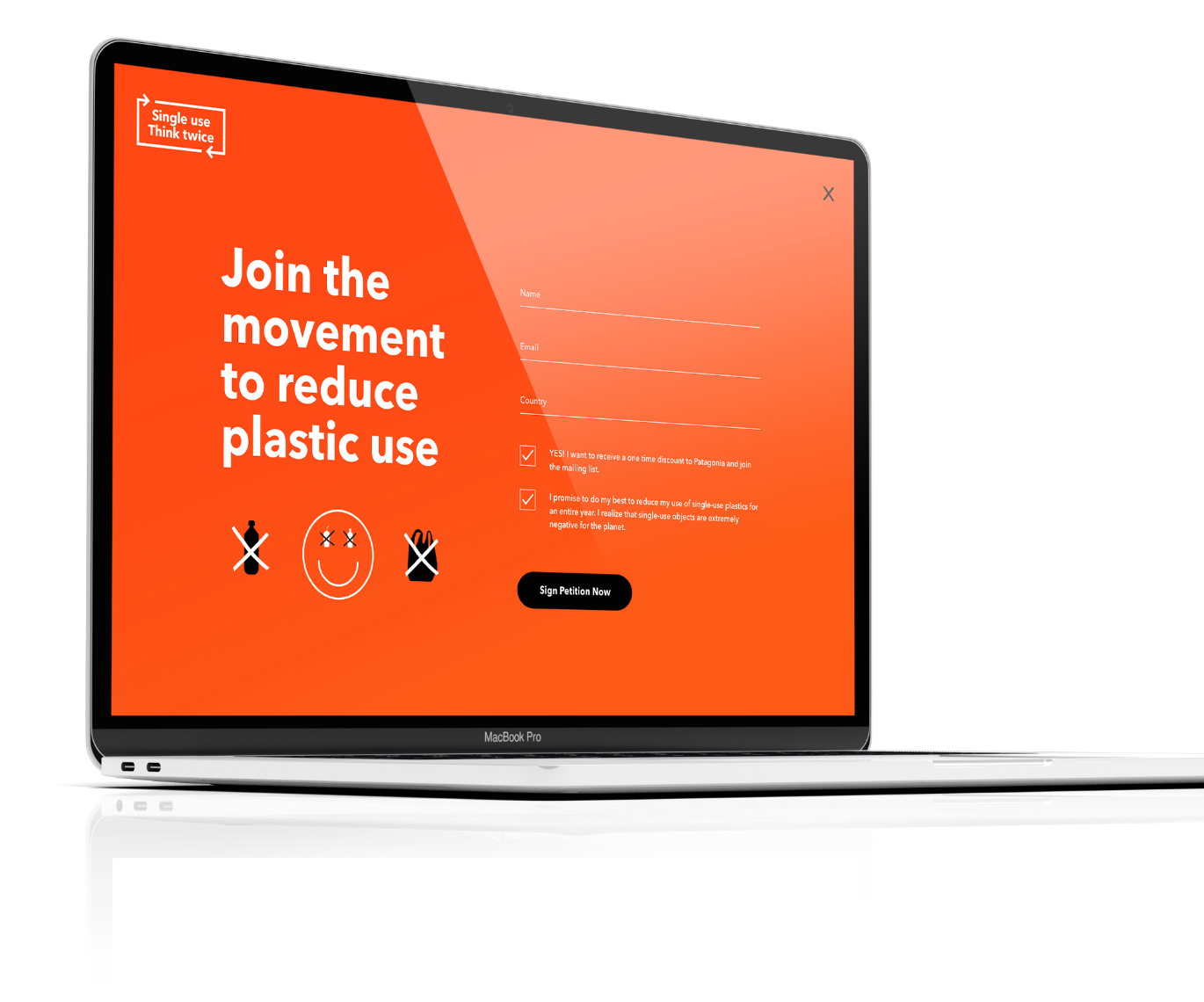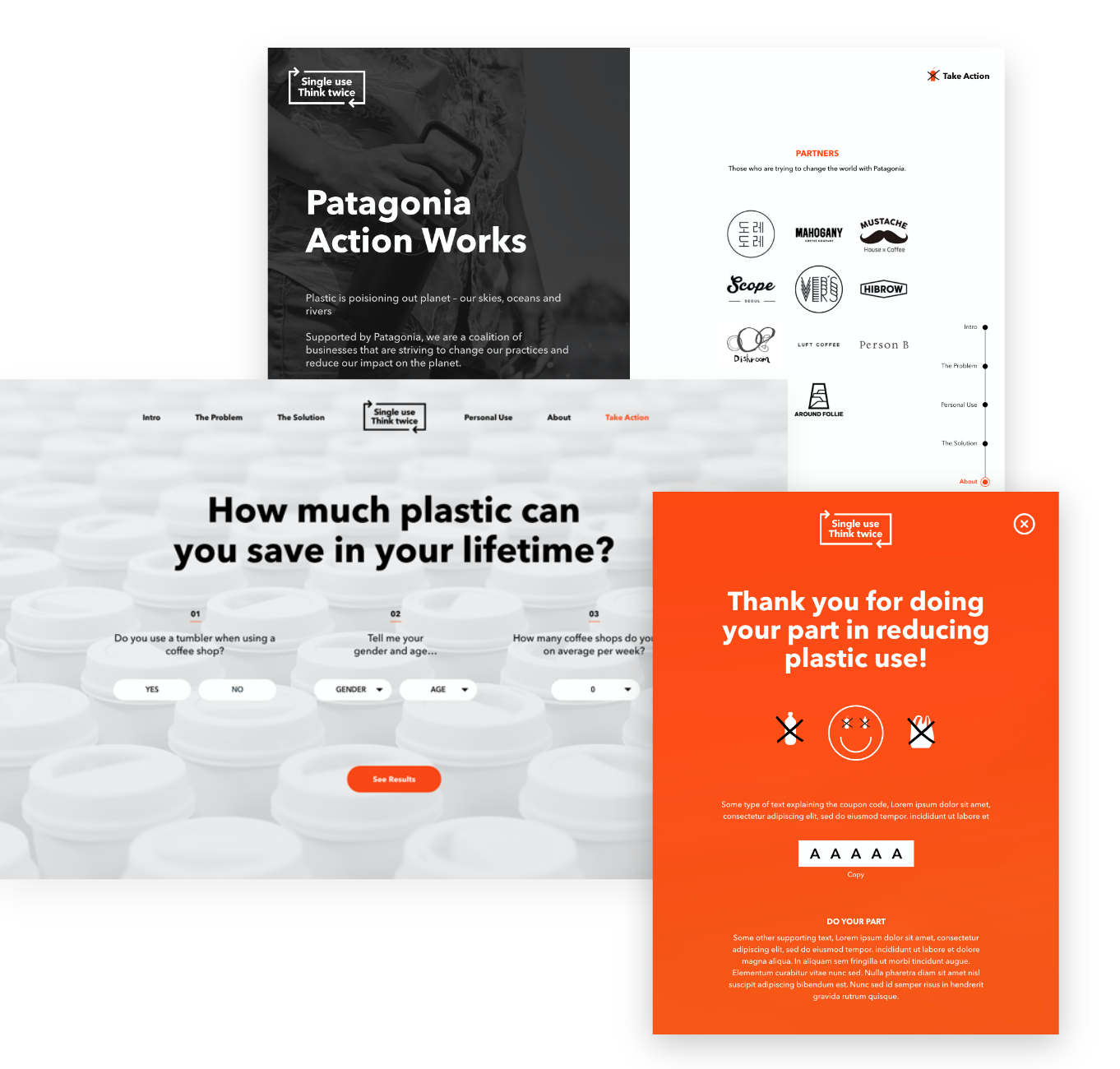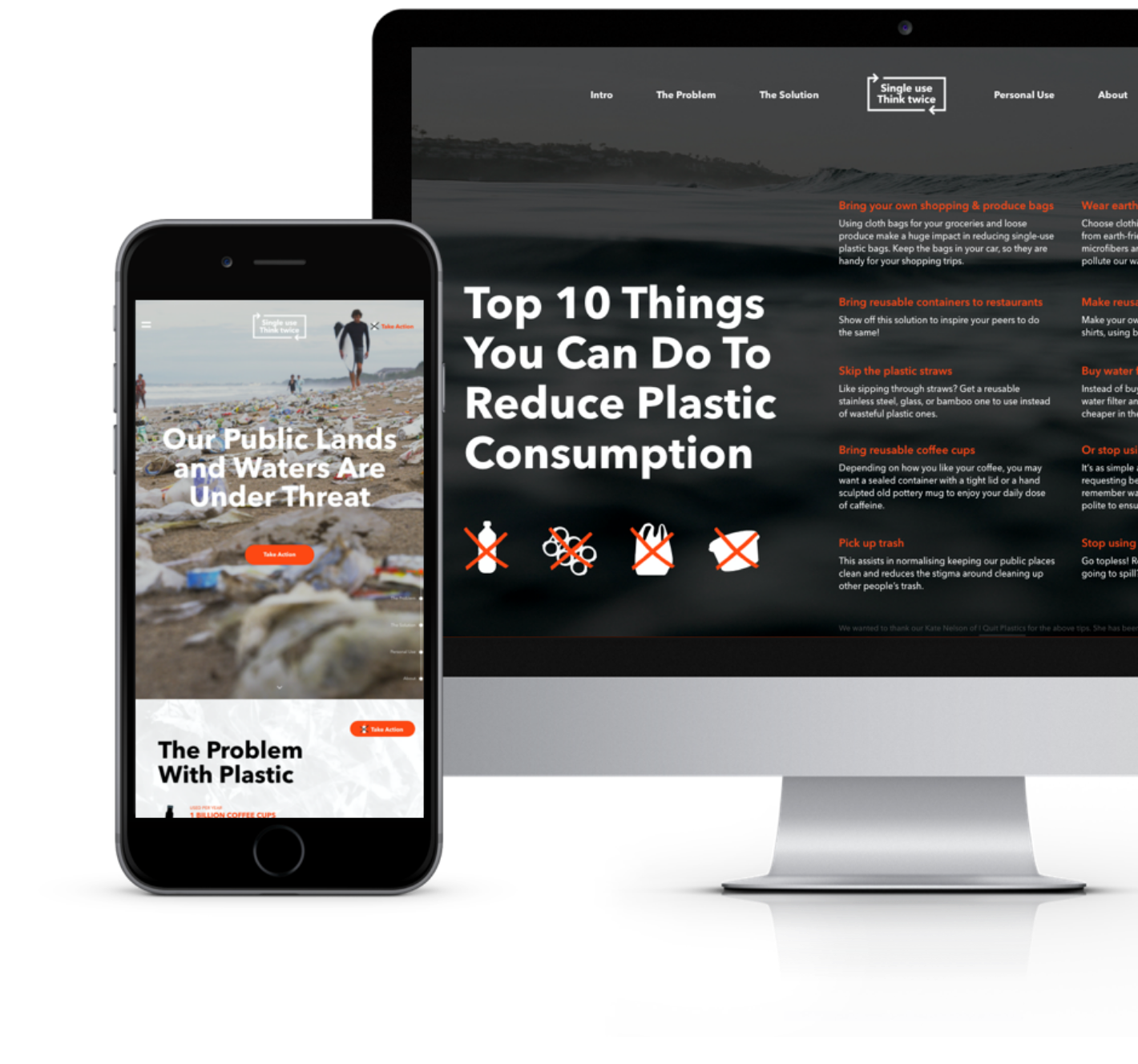Are you ready? Let’s get started!
Hi, I’m Drew, the Managing Partner at Affari. I’d love to learn more about how we can bring your vision to life. Drop your email below and I’ll get back to you within 24-48 hours to schedule a free consultation.
Sorry. You must be logged in to view this form.






